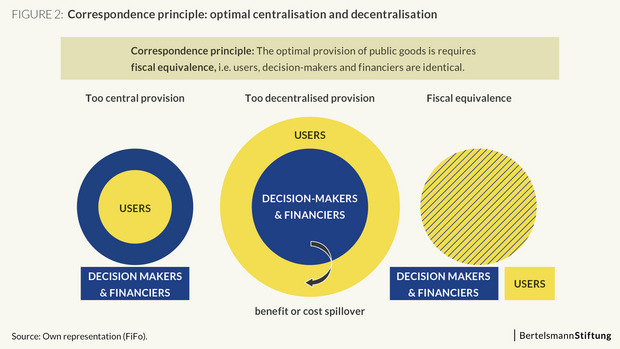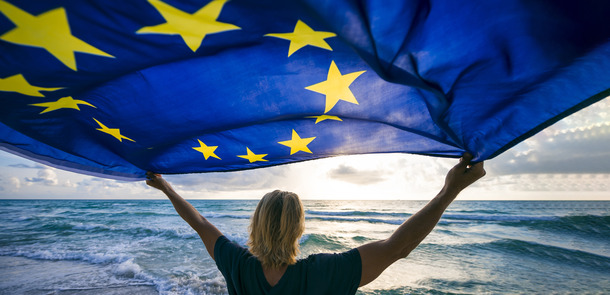Especially in times of a global recession, the EU should prioritize spending where it provides the most benefit to citizens and Member States in the 2021-2027 Multiannual Financial Framework. In their paper, Michael Thöne and Helena Kreuter show how the concept of European public goods allows such a prioritization of EU politics and provides a compelling narrative for a reorganization of EU politics towards more sovereign decision-making – but only where it is truly needed.
Over the last decade, the European Union has been hit by multiple crises of various kinds. Although the corona-virus pandemic, with its health, social and economic consequences, currently dominates policy perception and action in Europe, it is only the latest in a series of challenges. The EU's limited ability to respond effectively to such challenges has highlighted the need for reform. Unfortunately, discussions about the future model for the EU often lead to deadlock between pro-integration and anti-integration positions. Here the concept of European public goods can provide an alternative narrative for a focused deepening of European integration in those areas where it provides the largest benefit to citizens.
Identifying the right level of government through European public goods
In economic textbooks, a public good is defined as non-excludable and non-rivalrous in consumption, which results in an under-provision of a public good that warrants the intervention of the State. In reality, the nature of a specific good is often not as clear-cut as textbook definitions would let one hope. For such mixed goods, the theory of fiscal federalism allows to identify the right level of government provision. Adopted to the EU, the lens of European public goods would command to focus EU action in those policy areas where there is European added value. In other words, it focuses European action in those policy fields where it provides the greatest benefit compared to national solutions.
This does not mean that European public goods are a one-way street towards a deepening of integration. Rather, it allows to critically re-evaluate the division of competences between the EU and Member State level. According to the theory of fiscal federalism, public goods should be organized in fiscal equivalence, meaning that decision-makers, financiers and users of a public good overlap. If an EU policy would identify as too centrally provided (see figure), the lens of European public goods would also favor a decentralization of the policy field back to the Member States.
Taking stock of the current EU budget and looking at the next one…
While such conceptual discussions necessarily remain relatively abstract, several policy fields have been described in the literature as potential European public goods: defense, digital sovereignty, foreign policy, or more recently pandemic prevention, to name a few. Similarly, a look at the current EU budget allows for an analysis of its focus on European public goods. In the 2019 budget, for instance, the largest shares of expenditure go to the Common Agricultural Policy and Cohesion Policy, two policy areas which would rather qualify for provision at national level from a European public goods perspective.
Such questions take up an increasing importance in times of the coronavirus. The European Council agreement on the Multiannual Financial Framework will set the tone for the upcoming years – but the challenges the EU is facing will not wait for a 2028-2035 EU budget. The European institutions should ensure that the limited funds available in times of recession go where they benefit Member States and citizens the most – to those policy areas that qualify as European public goods.






